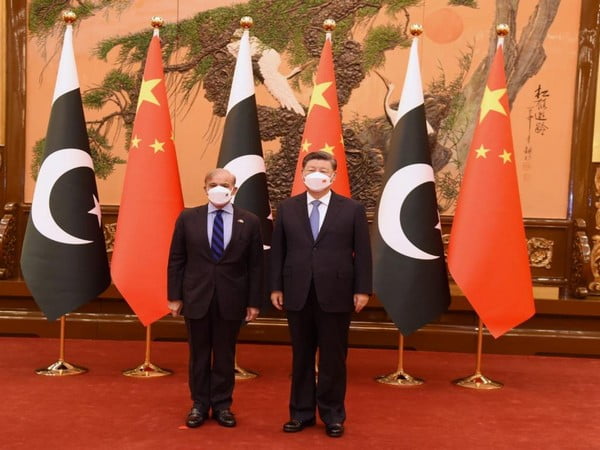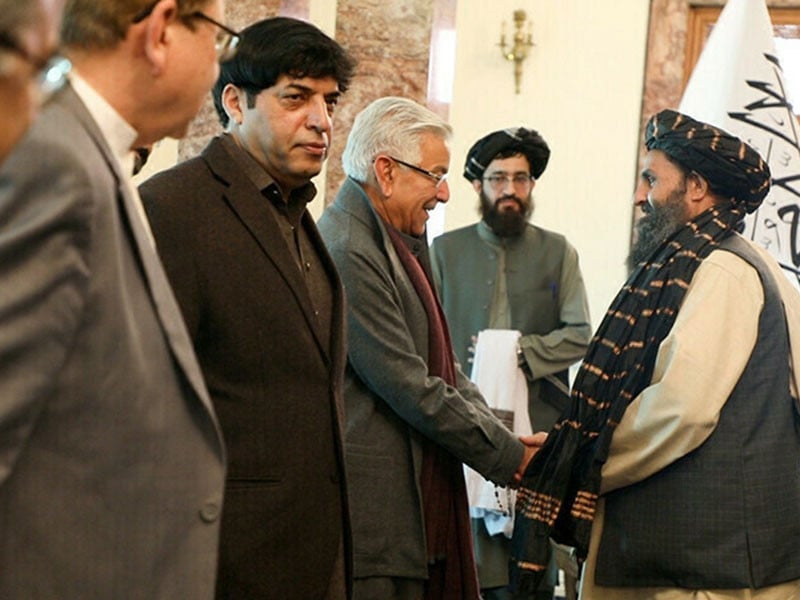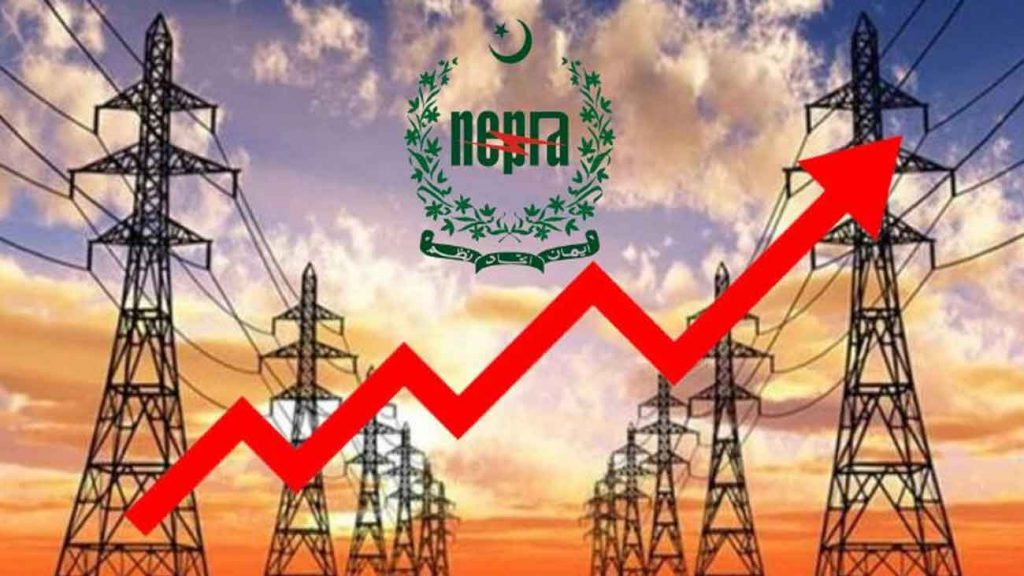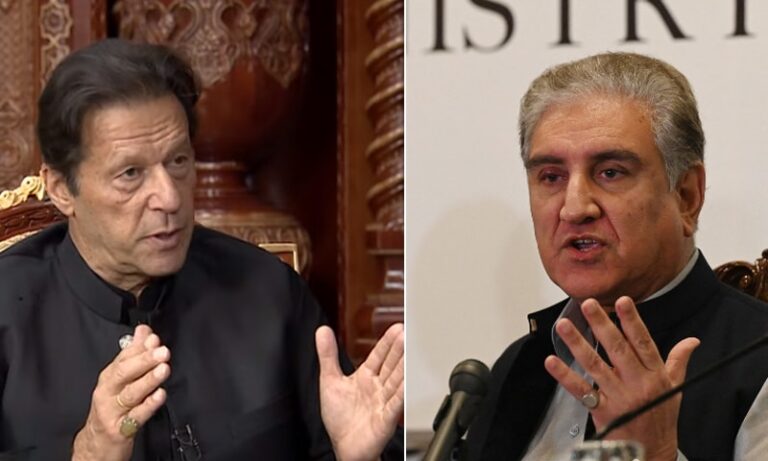As ceaseless changes are being faced by states on the political, strategic, economic, and technological fronts, therefore, the global order is under immense pressure. The economic recession seems ever-rising on the horizon.
Global warming is threatening with more ferocity. The threat of terrorism may remain serious, yet the wider space has been taken by threats from white supremacists, Hindutva movements, and global populists. Last but not the least, the renewed hostility between Russia, the US, and Nato, after the Ukraine invasion, is drawing clear divisions among the global powers. Amidst this entire changing scenario, it becomes more than important for Pakistan, to wisely chart out its foreign policy path.
Prime Minister Shahbaz Sharif is soon to visit China, Pakistan’s one of the most trusted friends. The visit comes at a critical moment, given the reality that progress on the CPEC is slow and that there seems to exist a trust deficit between the two allies. Without falling into the trap of giving it a political angle, the fact remains that Pakistan’s relations with China, as with other key allies like Saudi Arabia, have become fragile since the last government came into power.
There’s no doubt that Prime Minister seems adamant to give a new boost to Pakistan’s relations with its key global partners. However, how much the prime minister succeeds in representing, projecting, and preserving Pakistan’s interests vis-a-vis China is yet to be seen. Keeping in view Pakistan’s closeness to the US, in which the country has invested a lot, it is essential that Pakistan must preserve its balanced and progressive approach in its foreign policy. Also, the prime minister must reach out to the
Chinese authorities to seek immediate revival of the CPEC. The multibillion-dollar project will not just provide a revival to infrastructural and power developments, but also ensure that the country’s teetering economy gets a re-established lifeline.

















































